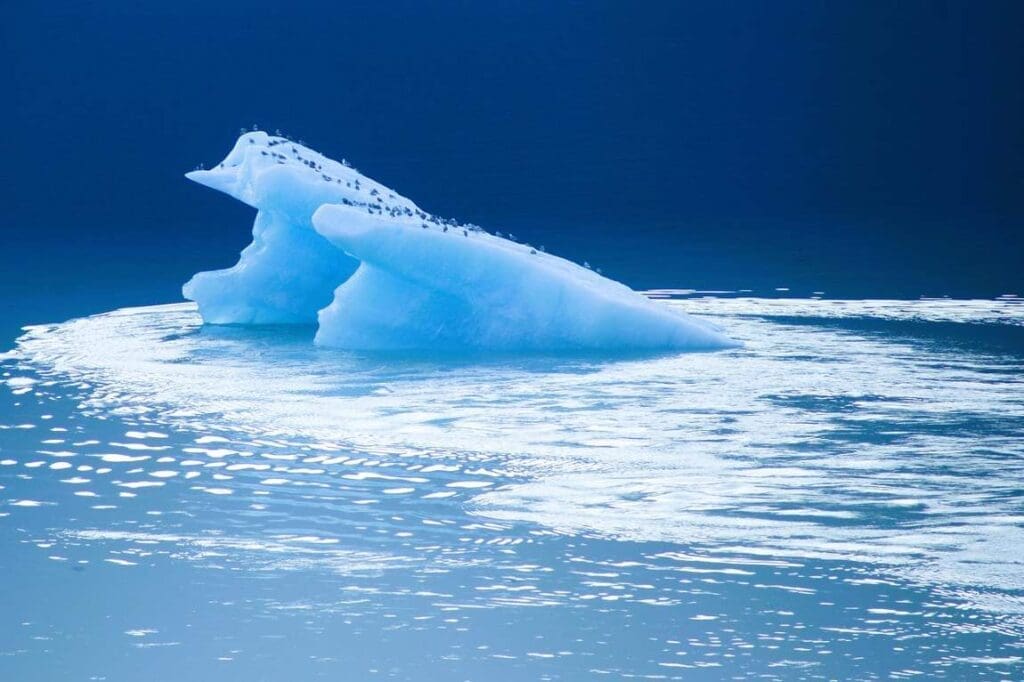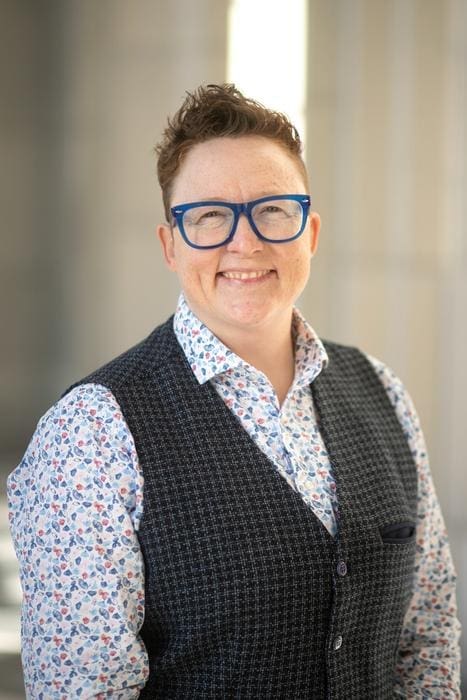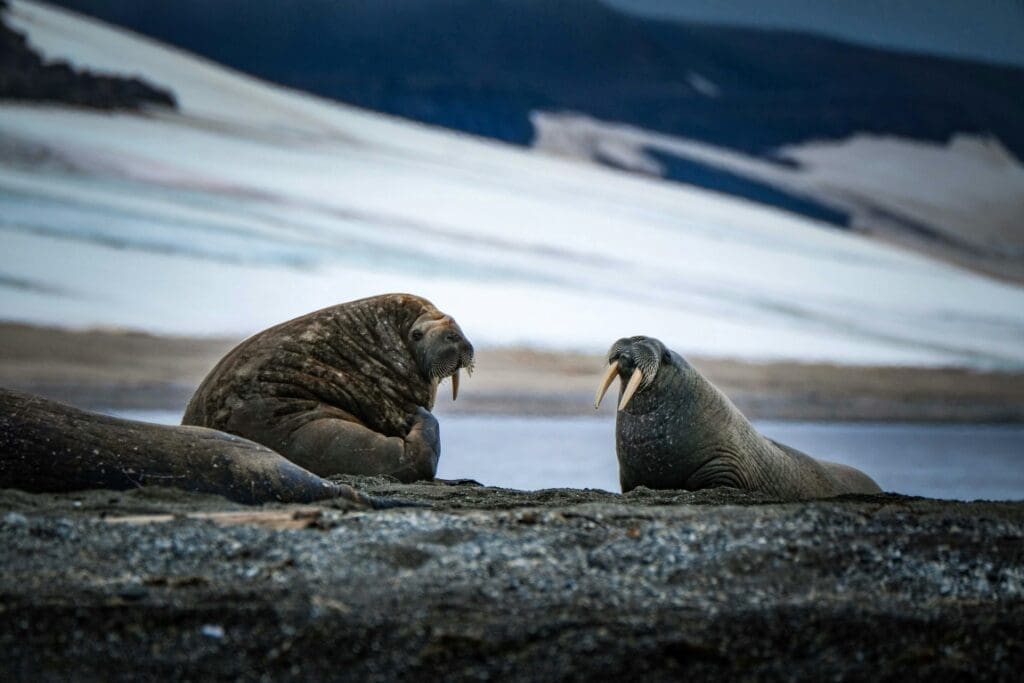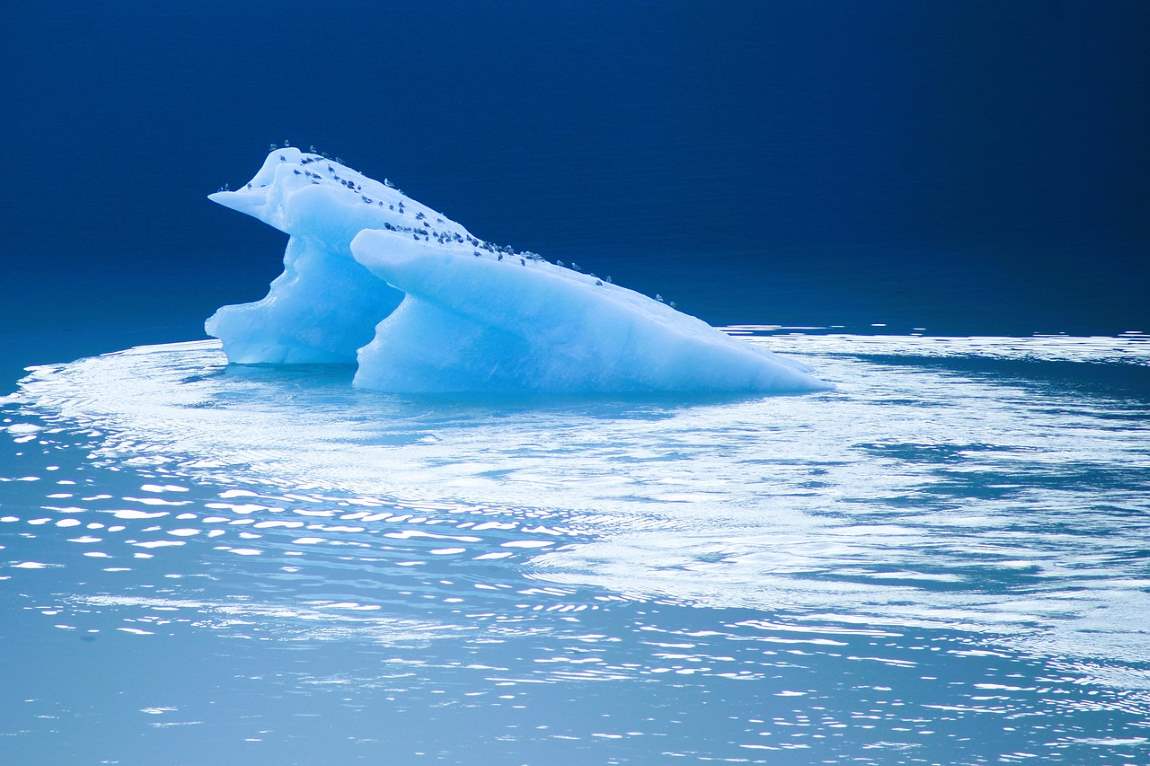Summary:
The Arctic is on the brink of transformation beyond recognition if global warming reaches 2.7°C above preindustrial levels, according to a new study published in Science.
Researchers warn that under current national climate commitments, the Arctic Ocean could be ice-free for months in summer, Greenland’s melt zones could quadruple, and permafrost could shrink to half its preindustrial extent. These changes would trigger widespread ecological disruption, infrastructure damage, and severe societal impacts.
The study, led by an international team including Jackie Dawson of the University of Ottawa, highlights that no sector will remain untouched, from marine ecosystems to local economies. The findings stress that current nationally determined contributions (NDCs) under the Paris Agreement fall short of the 2°C threshold — a critical tipping point for catastrophic climate impacts.
The researchers argue that without stronger climate commitments, the world must prepare for even higher levels of warming, with consequences far exceeding previous worst-case projections.

Arctic study urges stronger climate action to prevent catastrophic warming

Remember when 2°C of global warming was the doomsday scenario? Well, we’re now staring down the barrel of something much worse. From the fish on your plate to the weather outside your window, everything’s about to change.
A new study by an international team of researchers, including Jackie Dawson, full professor, Geography, Environment and Geomatics at the University of Ottawa’s Faculty of Arts, underscores the grave risks posed by insufficient national commitments to reducing greenhouse gas emissions.
“Our findings reveal that the risk of reaching 2.7°C of warming is substantial and that there is not a single sector in society that will remain untouched,” explains Professor Dawson who is also a tier 1 Canada Research Chair in the Human and Policy Dimensions of Climate Change. “From marine ecosystems to local infrastructure, the cascading impacts will affect every individual.”
This comprehensive assessment focused on the global Arctic, analyzing existing studies and climate model outputs to highlight the implications of rising temperatures. The research underscores that current nationally determined contributions (NDCs) — the promises made by nations under the Paris Agreement — will not suffice to achieve the 2°C target, which is the threshold marking a known tipping point beyond which widespread and severe global impacts are expected.
Without substantial increases in these commitments, a future characterized by extreme temperatures and profound ecological disruptions appears unavoidable. This also suggests that scientific and policy efforts to understand the future risks of climate change need to now consider what a +3 or +4 degree world means.
As the Arctic continues to warm at nearly four times the global average, researchers noted that the region could become virtually ice-free during summer months, leading to devastating effects on marine ecosystems and the livelihoods they support as well as increased geopolitical and industrial pressures in the region.
The study also illustrates how severe climate changes can exacerbate pre-existing vulnerabilities, particularly for Indigenous peoples and communities that rely on these ecosystems for livelihood and well-being.
These findings call for urgent action to reduce greenhouse gas emissions, reflecting a belief within the scientific community that bold, collaborative efforts can still avert the worst impacts of climate change.
“We must prioritize investments in sustainable practices and climate adaptation strategies to protect our environment and our collective future,” Professor Dawson emphasizes.

As global temperatures inch closer to critical thresholds, this research serves as a wake-up call for individuals and nations alike to reassess their commitments to climate action and strive for meaningful change.
Journal Reference:
Julienne C. Stroeve, Dirk Notz, Jackie Dawson, Edward A. G. Schuur, Dorthe Dahl-Jensen, and Céline Giesse, ‘Disappearing landscapes: The Arctic at +2.7°C global warming’, Science 387, 616-621(2025). DOI: 10.1126/science.ads1549
Article Source:
Press Release/Material by University of Ottawa
Featured image credit: Jan Van Bizar | Pixabay




